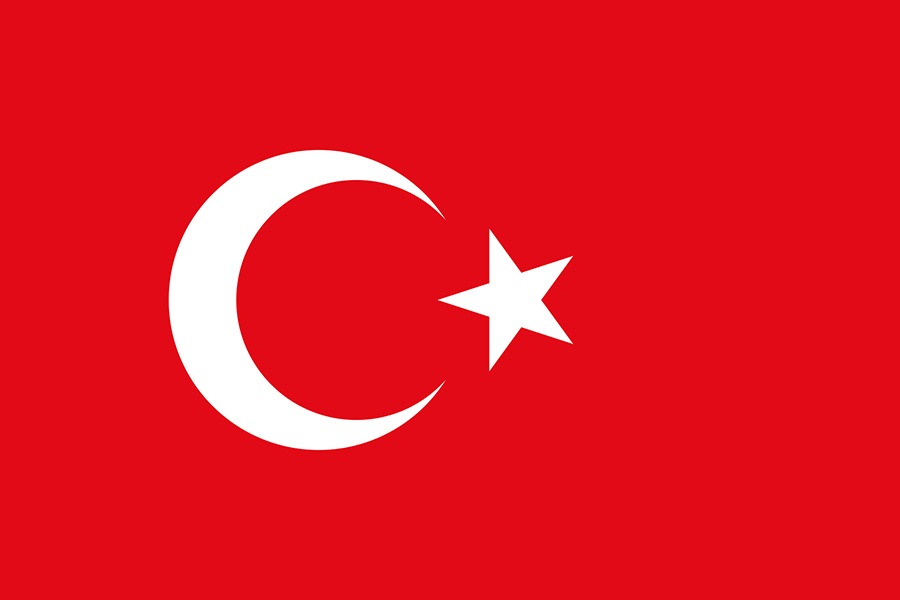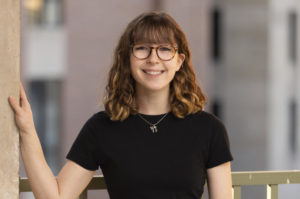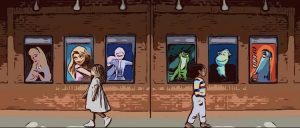ISIS ignorance
The rise of Islamophobia
February 4, 2016
It was November 13, 2015. Nobody could have ever fathomed that a date could make the world speechless. There were no warnings- only gunshots and explosions- but these two things only represent a sliver of Hell the victims of terrorism had to endure. As midnight passed, there were still victims fighting for their lives and bystanders unable to comprehend the madness that took place on the streets. After the attacks ceased, 130 people would never return home and 368 went to hospitals. This was not the first time ISIS executed an attack and it will not be the last. Recent reports from ISIS foreshadow a greater threat to America, but these messages have unveiled a problem that is already deeply rooted in this nation. This is none other than Islamophobia: a prejudice against Islam or Muslims. Furthermore, the media and political leaders such as Donald Trump are taking Islamophobia to the extremes and skewing the nation’s mindset towards those specific groups.
“It was wrong that the Paris attacks happened and it’s also wrong that people in America are interpreting all Muslims as part of the ISIS group,” said Hera Niaz (11). Ever since the Paris attacks, fear of potential terrorists fuels the nations and most people assume that anyone that looks like part of the ISIS group is a threat to society. Sadly, the nation misinterprets the religion of Islam and Muslims. “The ISIS group doesn’t even represent the Islam because Islam is supposed to be a religion of peace and all they’re doing is spreading violence and our religion is not about that at all,” said Niaz.
Another student, Tashifa Fayyaz (11) with a Muslim background also agrees that Islamophobia has blown her religion out of proportion. “These people do not represent any of the 3 faiths. We are all brothers and sisters in humanity. They’re extremists in every faith, misinterpreting the verses of the holy texts if they’ve ever read them.” The Muslim people are constantly fighting through racism and trying to reeducate others about their actual religion, but the media has been a medium used for fueling fear of Islam and Muslims. “The media’s obsession with giving more coverage when a ‘Muslim’ commits an act is not helping,” said Fayyaz. Many news reports have been biased towards those targeted people and this has influenced Americans to take action to stop potential acts of terrorism by targeting those who “seem” to be a member of ISIS. Fayyaz said, “Muslim Americans are suffering firsthand. Mosques and Islamic schools are being set on fire on the daily, and peaceful worshippers walking to the mosque are being followed by white men with guns.” Additionally, there have been shootings of Muslim people as an act of defense for America, but a large majority of the victims are innocent.
Not all Muslims are terrorists and Niaz feels that “it is unfair to the innocent Muslims who have to prove themselves to this racist society.” Unfortunately, Islamophobia existed in America before the Paris attacks. Niaz experiences Islamophobia firsthand every time she goes to airports. “There hasn’t been a single time when my family didn’t go through an extra security check at the airport. Whenever we go to the airport, just because of our last names, we have to go through extra checking,” said Niaz. Now law enforcement, even politicians take the ISIS situation too far. For example, Donald Trump’s latest speech about refusing Syrian refugees from entering America because they might be terrorists emboldens Islamophobia in America. Most Americans say that they fear for their lives, but has the nation ever once considered that innocent Muslims are closer to death because of this prejudice society? “Women’s headscarves are being torn off, and people are yelling racist comments when we’re out in public. Muslims are even being pushed into fast moving trains,” said Fayyaz.
We must reconsider our actions as a nation and amplify the silenced Muslim community before more people die from their ethnicity or religion. Both Niaz and Fayyaz agree that America targets the term “terrorism” towards Muslims and not to other ethnicities that have committed crimes similar to the ISIS group. This single word is a clear notion of racism towards a specific group of people and makes Americans correlate “terrorist” to every Muslim seen in society.
Even with all this chaos, Fayyaz is maintaining her dignity and is standing her ground as a Muslim. Fayyaz says, “I will rather proudly walk the streets with my head held high showing people that Islam is a beautiful religion, and it is not how the media or others portray it to be. However, I am scared. I feel uncomfortable getting out of my car and walking to Panera for lunch. I get dirty looks on the daily, but I will not give in.”
The Muslim community is facing friction between people of every color before they even exchange words but in order to change we must unite and helps others. Even with the slightest hope for safety, little has been done to reverse the high trend of Islamophobia. Fayyaz says, “This is the world we live in, the world of fear and bigotry.”









